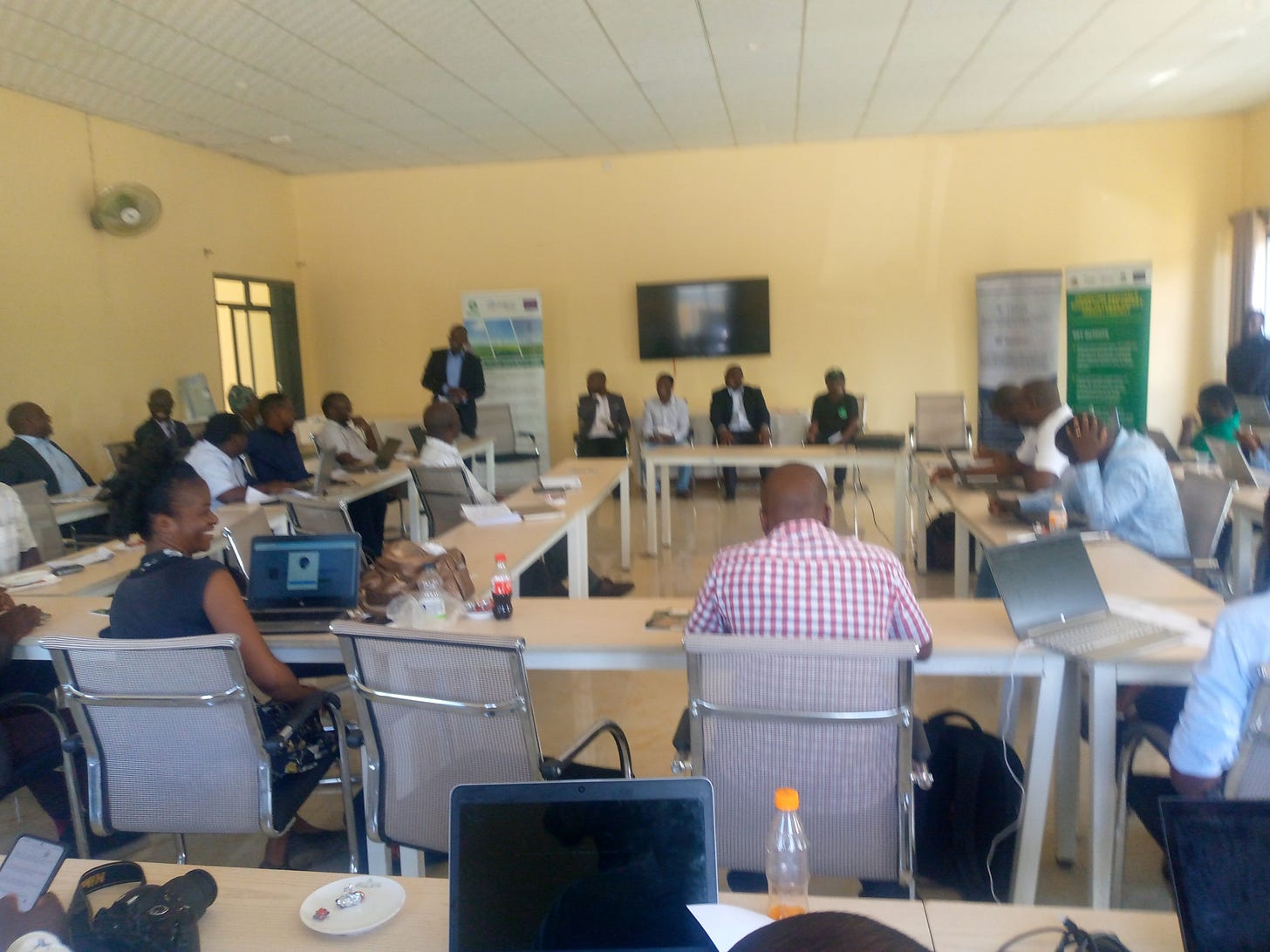CSO Advocates Coordinated Efforts for Clean Energy Access
The plea was made by Julius Ng'oma, CISONECC National Coordinator, during a multi-stakeholder interface meeting held in Dowa district.
DOWA, Malawi - The Civil Society Network on Climate Change (CISONECC) has called for coordinated efforts among Civil Society Organizations (CSOs), government agencies, private sector entities, and local communities to promote equitable access to clean energy in the country, writes Mphatso Mbang’ombe.
The plea was made by Julius Ng'oma, CISONECC National Coordinator, during a multi-stakeholder interface meeting held in Dowa district.
Ng'oma emphasized the need for integrated approaches by different stakeholders to address the multidimensional aspects of promoting clean energy solutions in rural areas.
He emphasized the importance of knowledge sharing through awareness campaigns to empower rural communities, enabling them to embrace energy solutions and contribute to sustainable development.
Werani Chilenga, Member of Parliament for Chitipa South constituency and Chair of the National Resources and Climate Change committee in the August house, highlighted the need for policy changes to benefit the rural masses in accessing affordable clean energy equipment.
Chilenga expressed concern that existing policies were not adequately addressing the issue, leading to limited access for rural communities.
"We need to ensure that our policies support the access of clean energy technologies for rural communities," said Chilenga.
"As members of parliament, we must prioritize the Ministry of Natural Resources and Climate Change to secure sufficient funding for the conservation of our natural resources."
Chilenga also called on relevant authorities to subsidize clean energy equipment, making it more affordable and accessible to the rural masses. He stressed the importance of concerted efforts to conserve natural resources and promote sustainable development in the country.
Martha Chiluzi, a beneficiary from Yonamu village in Traditional Authority Karonga, Salima district, highlighted the high cost of clean energy equipment, making it difficult for ordinary citizens to afford.
Chiluzi appealed to the government and other stakeholders to provide subsidies for clean energy equipment, ensuring affordability for all.
The stakeholder meeting, organized by CISONECC, received funding from the European Union (EU).
The gathering aimed to foster collaboration and cooperation among stakeholders to promote equitable access to clean energy and address climate change challenges in Malawi.



